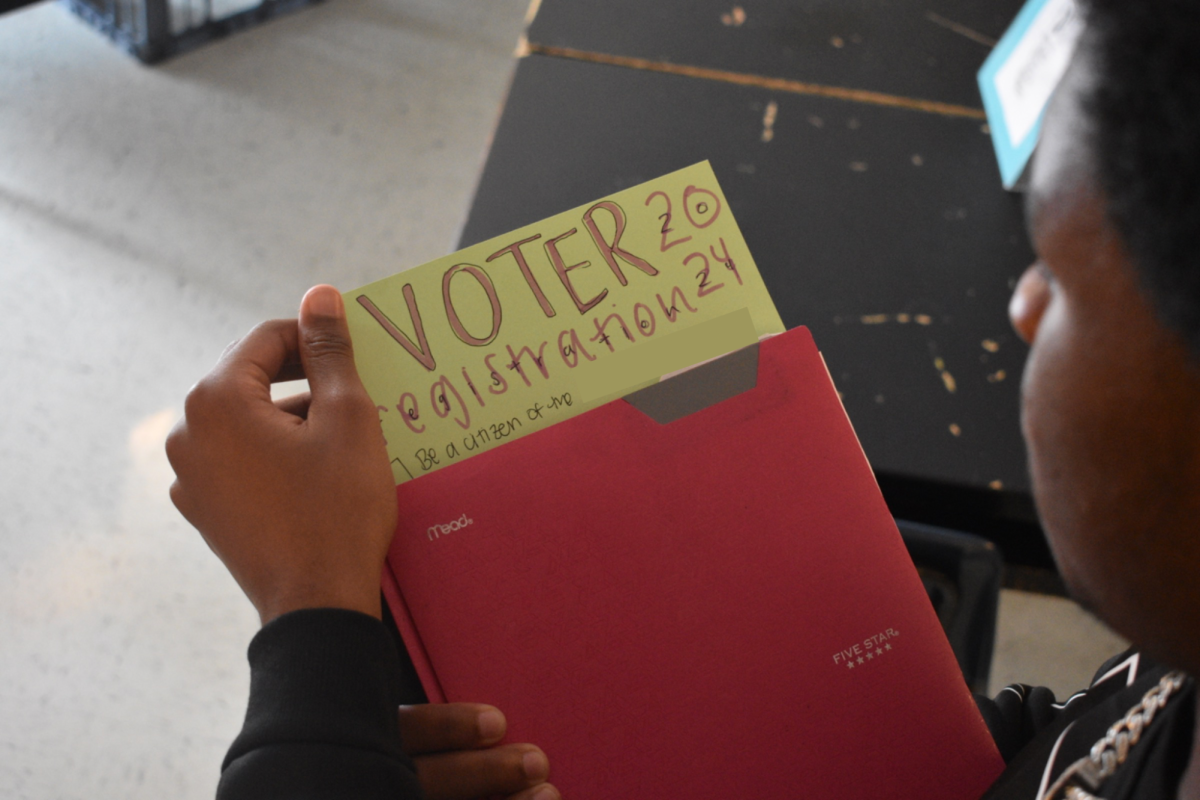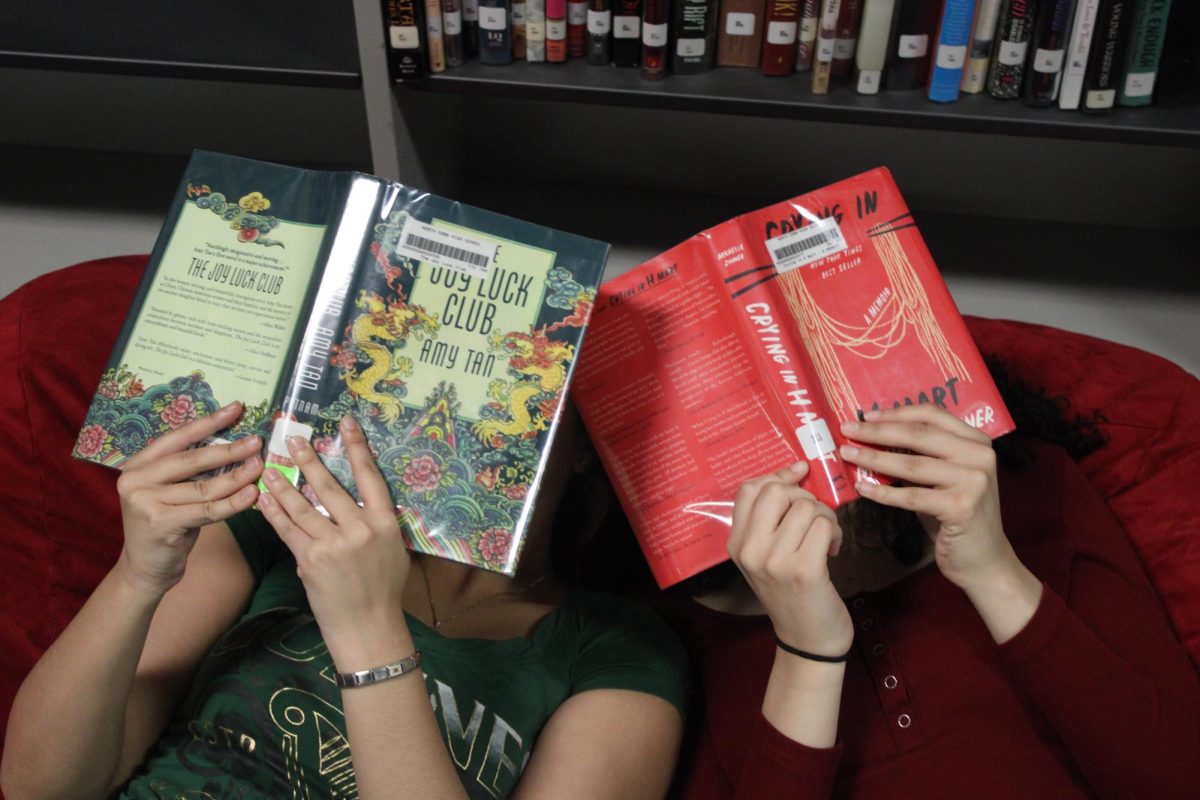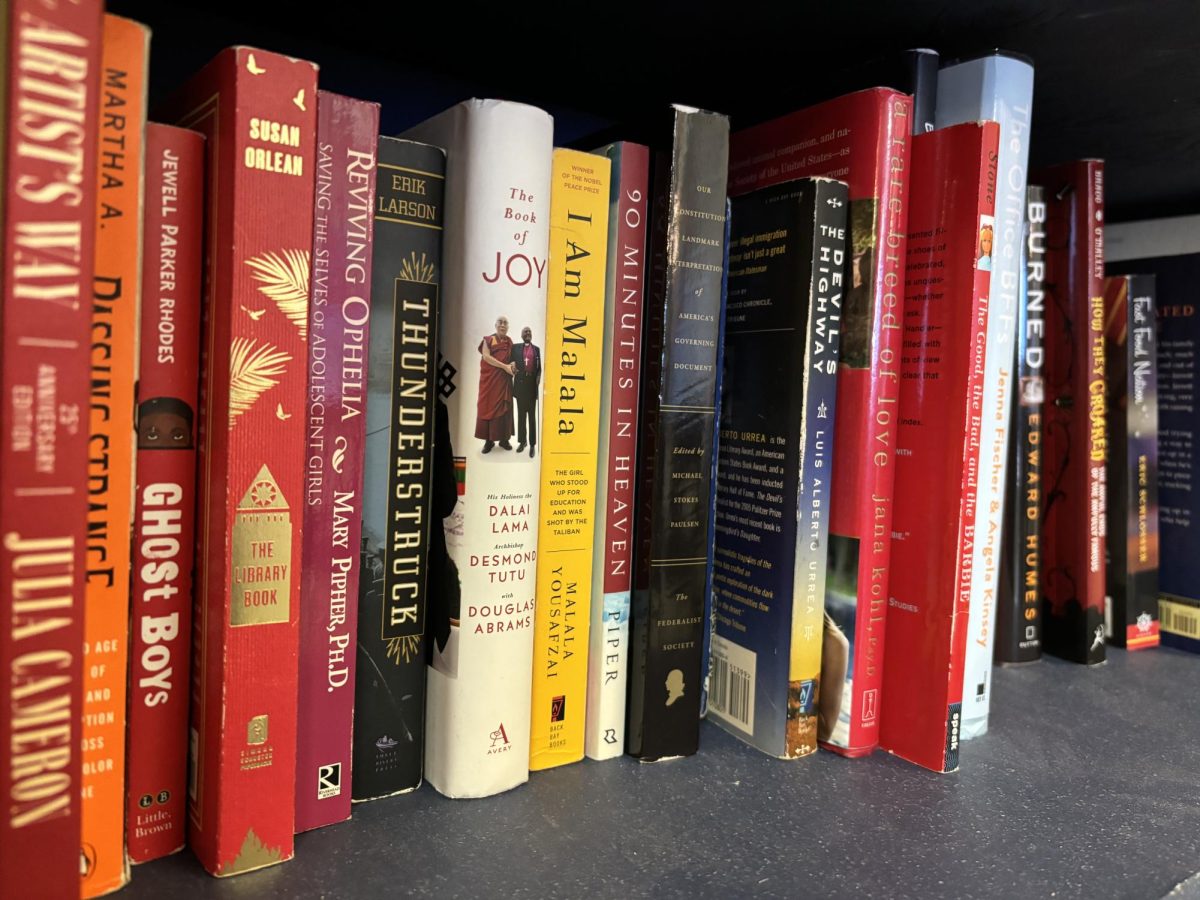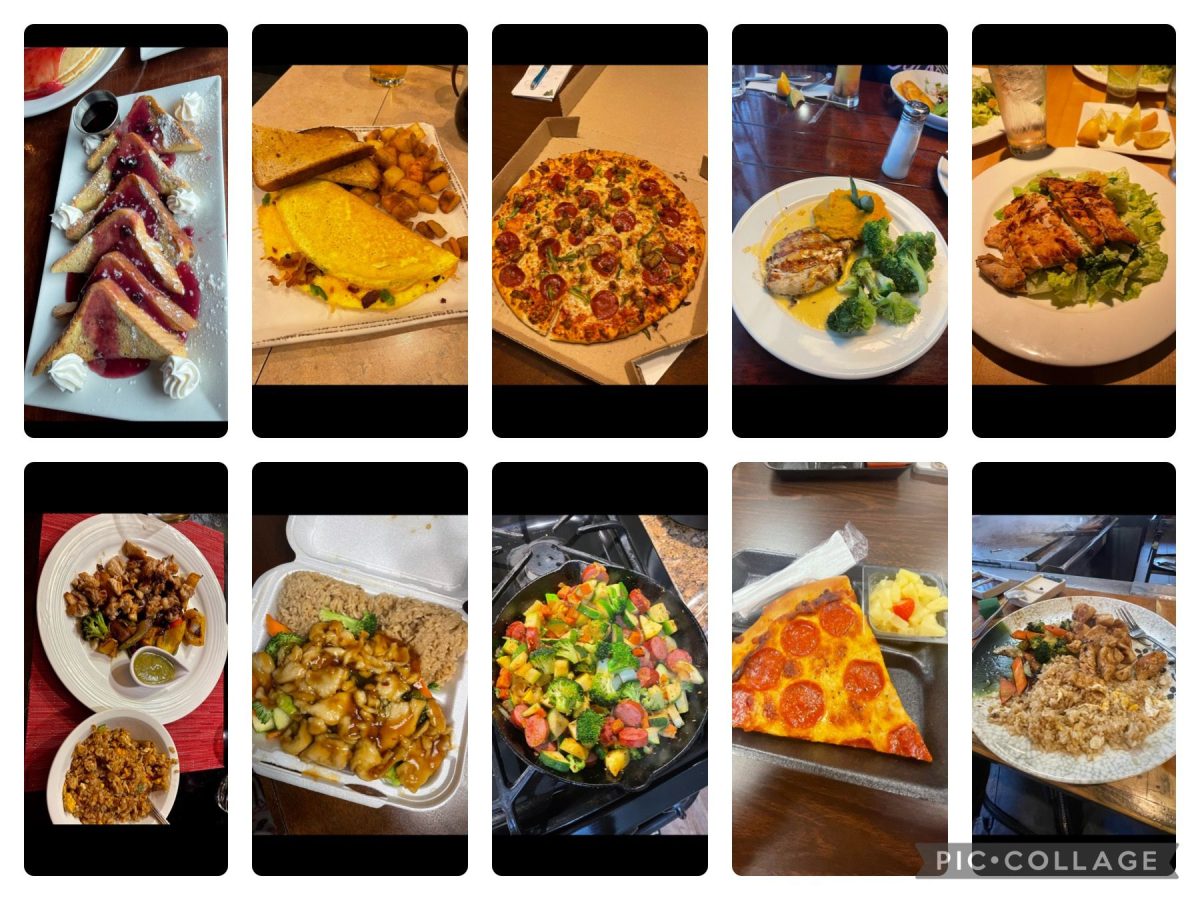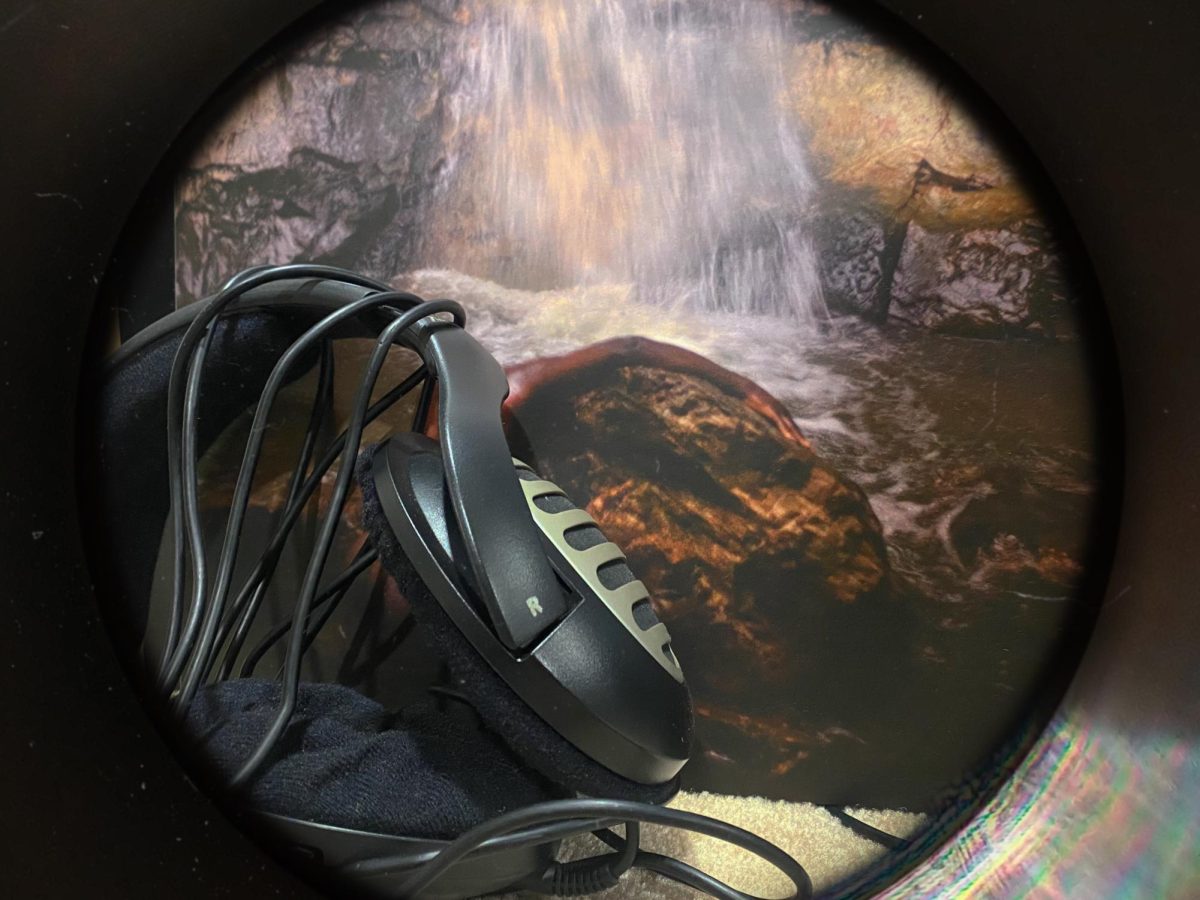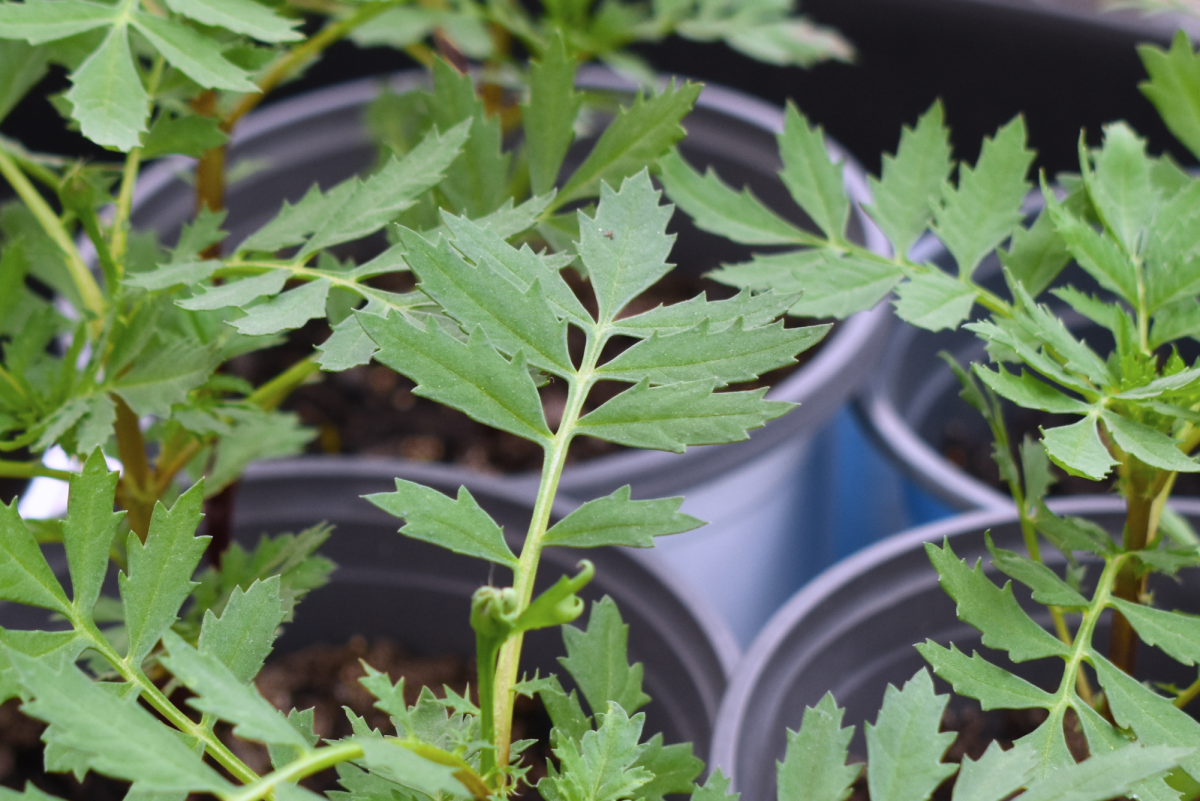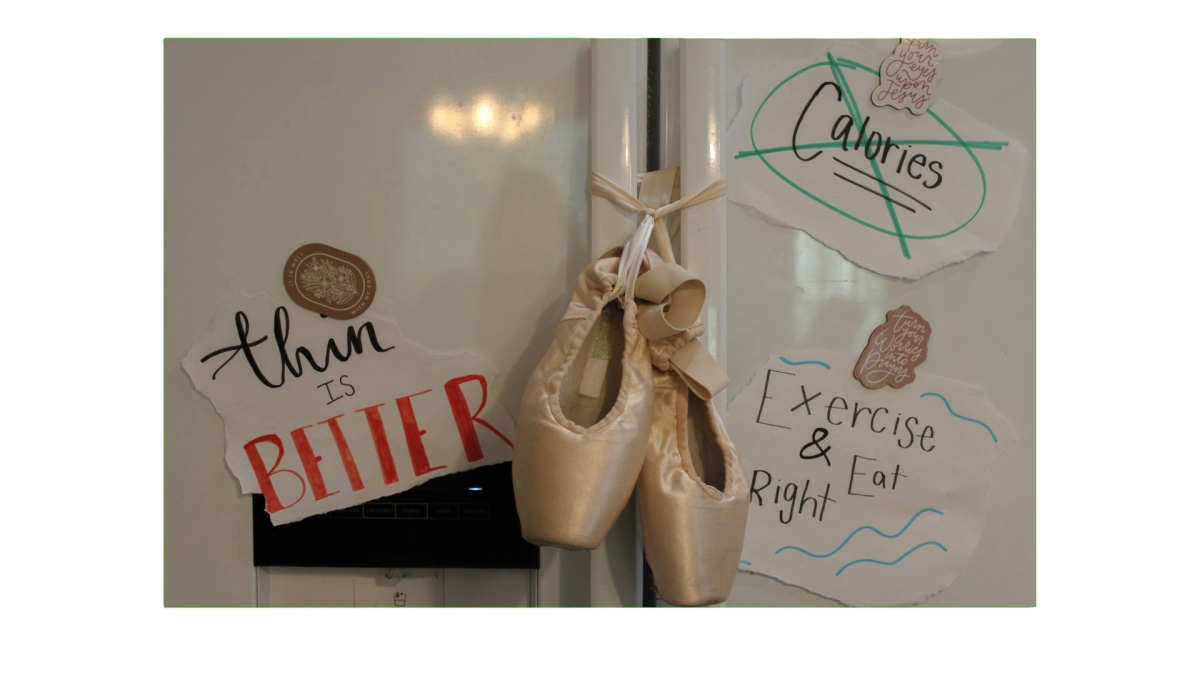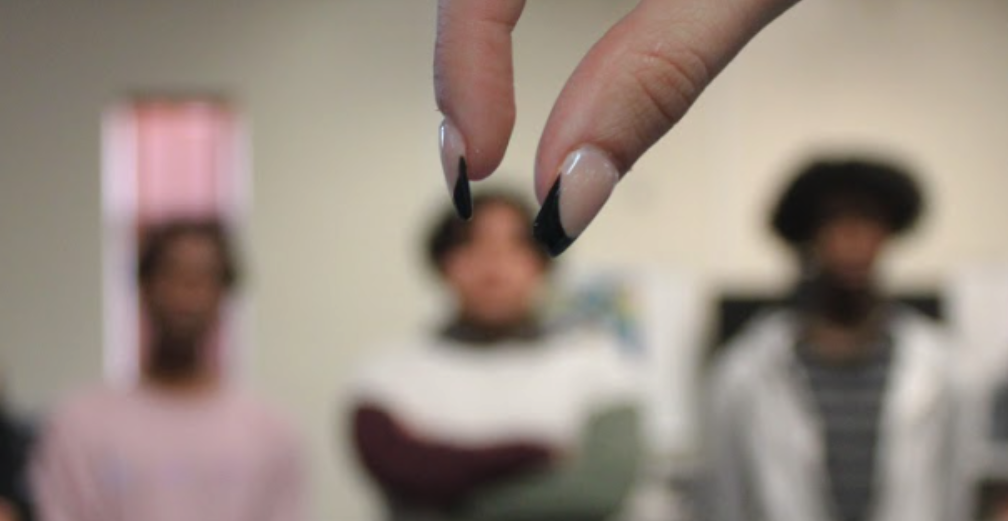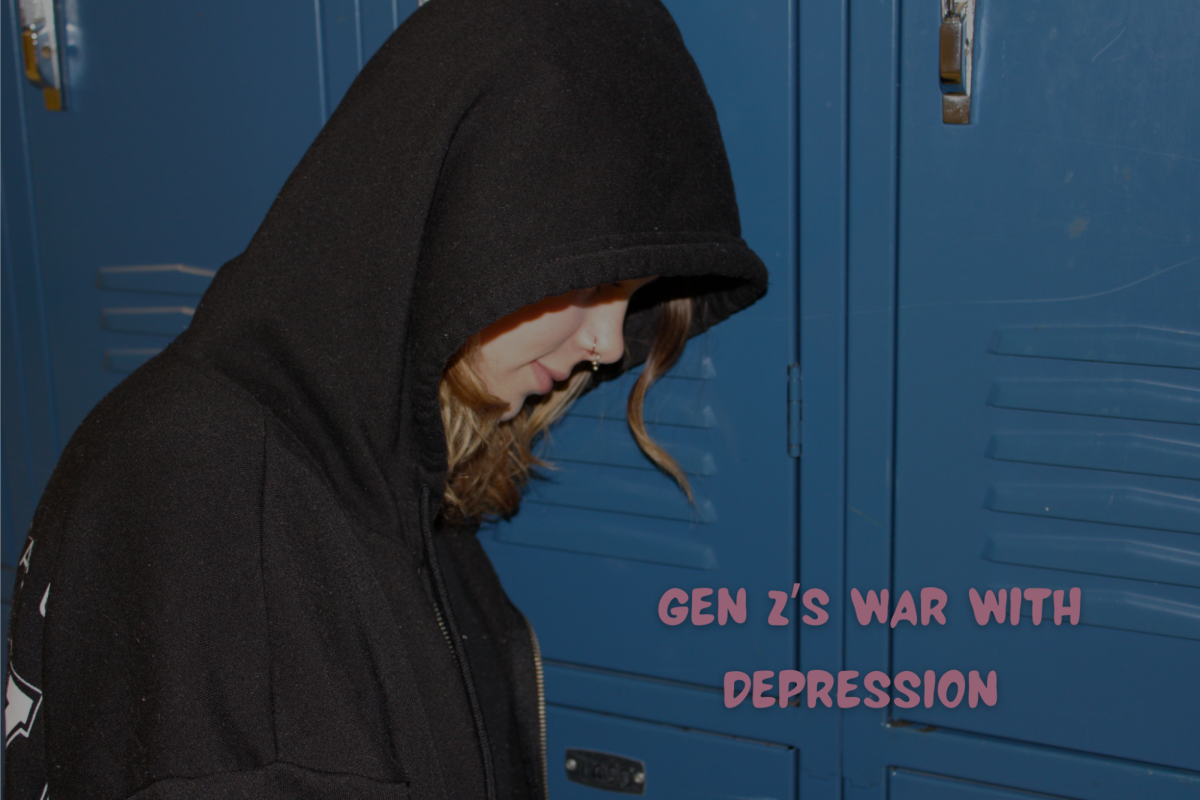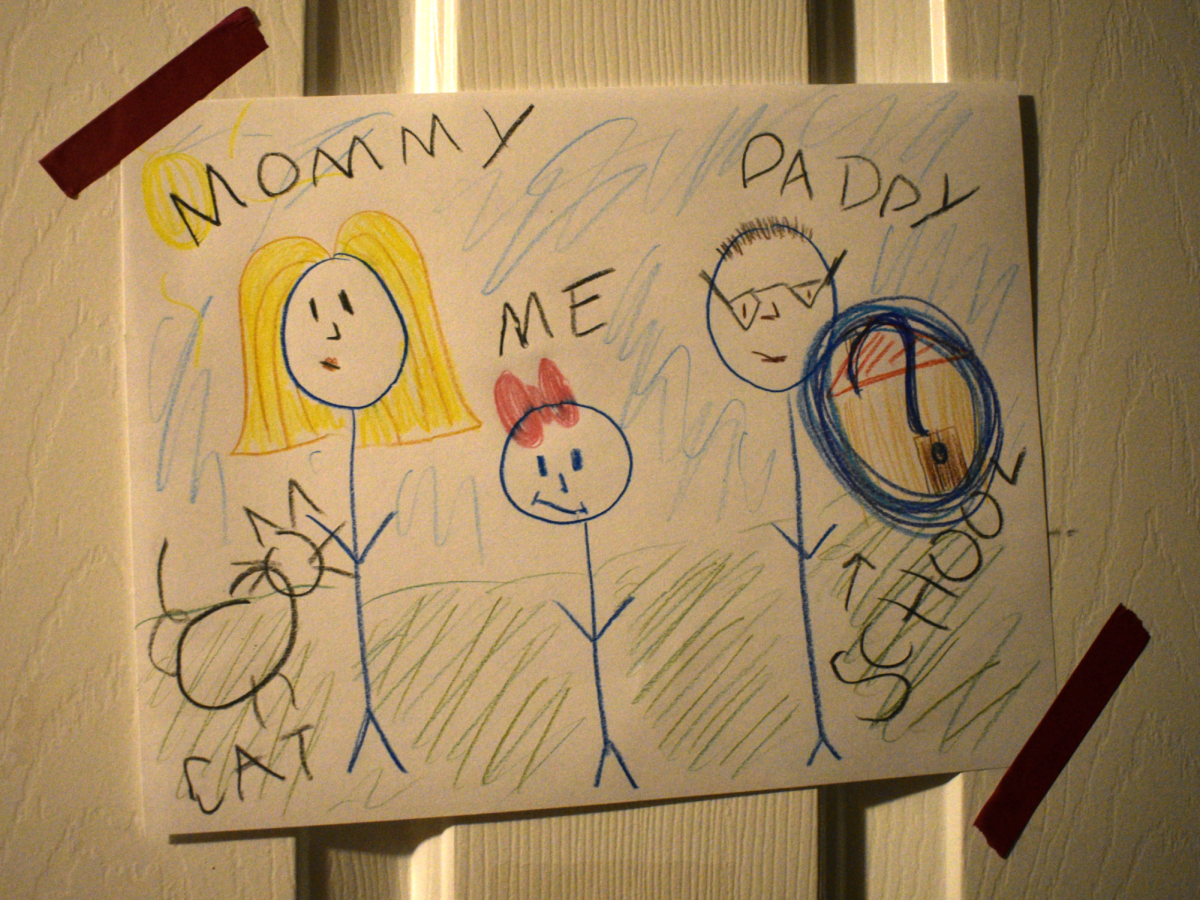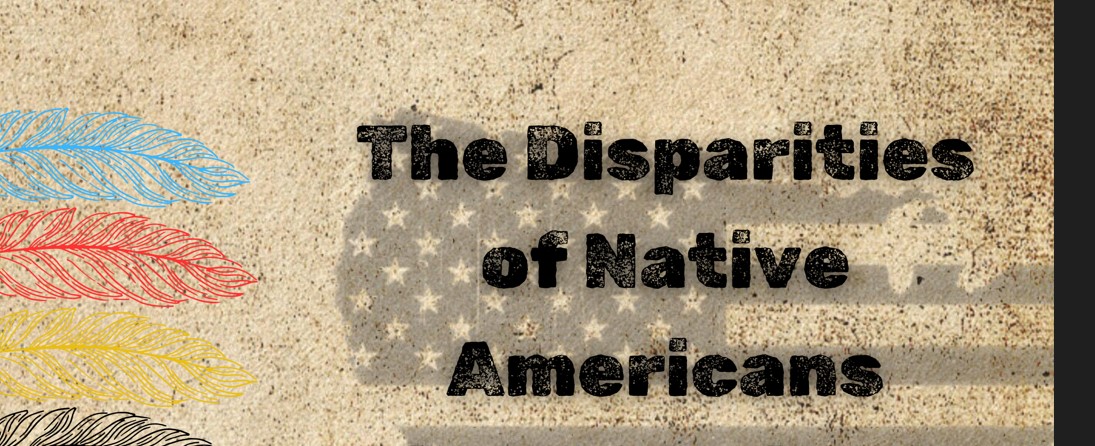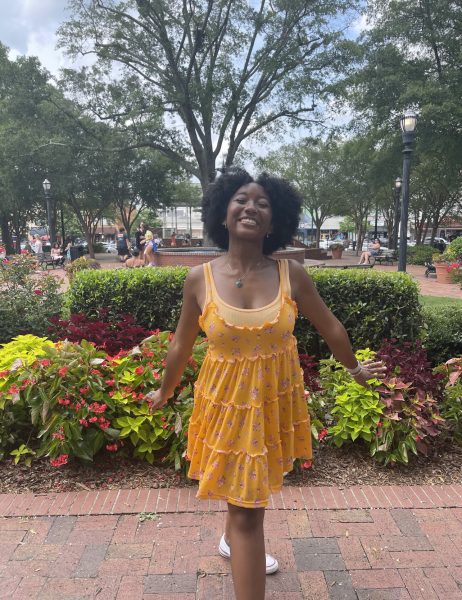In the 20th century aftermath of the 26th Amendment, 18-year-olds in the United States received a chance to actively involve themselves in democracy. Traditionally, young people harbored the lowest rates of voter turn-out in comparison to their older counterparts; during the presidential race of 2000, only 32.4% of eligible voters between the ages of 18 to 24 hit the polls, in comparison to the 67% of the 65+-year-olds who submitted their ballots. Fortunately, in the current digital era, young people obtain an increased amount of access and ability to learn and engage with their politicians on both local and federal levels, with said luck manifesting itself into a higher voter turnout for Generation Z. In the 2020 presidential elections, 48% of eligible 18 to 24-year-old voters showed up to help elect America’s current Head of State. Despite the number of eligible youth voters continuing to progress, several young voices remain left behind. With the 2024 presidential election on the horizon, educating teens fast approaching adulthood on how to register to vote lies as a top priority.
Amid the multitude of obstacles that high schoolers face, such as deciphering letters in math or finding a date to the homecoming dance, voting may feel like an event that lies in the distant future, far beyond the horizon of their high school years. Unfortunately for that false hope– but fortunately for democracy– voting registration opens up to high schoolers of various ages across different states. In Kansas, permit pre-registration starts at 16 years old; Nevada grants 17-year-olds the right to register to vote; Georgia allows 17.5-year-olds to become registered voters. In every state, with the exception of North Dakota, citizens must register to vote based on the guidelines of their specific state. For example, the state of Georgia requires that applicants meet a checklist of requirements before beginning their registration to vote.

For high school juniors, seniors and a handful of sophomores, submitting the information required to vote can occur online, via mail or at a local election office. Georgia requires citizens to submit voter registration 29 days before the election date. In contrast, the window for Pennsylvania residents to submit their registration falls only 15 days before the main event. Voting registration websites such as Vote.gov and USA.gov provide spaces for information on the process, as well as the requirements held by states. For online voter registration, Georgia requires a driver’s license submission or any sort of identification from the Georgia Department of Drivers Services, such as a learner’s permit.
The voting registration form for Georgia requires several components, such as the last four digits of a voter’s social security number and a voter’s mailing address and zip code. After applicants submit their information via one of the aforementioned options, applicants can check their voter status on MyVoterPage.com. The website also provides information to prospective voters, such as local poll locations, elected officials and a sample ballot for upcoming elections.
“I think that it’s important for teens to register to vote because it’s one of our rights and privileges here in America, and it sets us up for a life-long habit we should have. I’m only 15, but I try to educate myself on what’s going on in my community; I think that it’s important for me to be educated because being knowledgeable could help other people decide their vote,” magnet junior Mikiyah Spotwood said.
The constitutional right to vote provides Americans a space to actively contribute to how their governments serve them. While the federal government appropriately garners the lion’s share of influence over country-wide rules, local governments hold an equal amount of importance over the lives of citizens. Locally elected mayors, for example, own the ability to control budgeting, zoning and recreational matters within their cities. Underneath the umbrella of local government also lies other elected officials that shape their communities, such as the assessor, sheriff or coroner for a particular county. November 7 of this year, elections for three of the city’s Alderman/Alderwoman posts will occur in the city of Acworth; that same day, Kennesaw citizens will place their votes in the 2023 mayoral election to determine their city’s figurehead.
Alongside voting, high schoolers harbor various avenues to civilly engage with their communities. Organizations such as Rhizome offer a civic engagement fellowship for students across the state that allows them the opportunity to host community empowerment events to help raise awareness of youth civic involvement. In Georgia, 16-year-olds can sign up to become poll workers in their local and federal elections. Several politicians who have run for office, such as Stacey Abrams and Kamala Harris, have invited high school students to help volunteer in their campaigns.
When young people receive the agency to vote, it becomes increasingly easier for them to actively maintain a relationship in their local and federal civics. In an age when self-advocacy stands as a powerful tool, young people can involve themselves in their government in major ways without needing a diploma to do so.
“Though I am not of age to vote yet, I still make myself an advocate for voting by doing plenty of background research on the politicians to find which views match mine best and which politician would benefit my community most. The ancestors of many teens fought long and hard for us to be able to vote and use our voices to create positive change in society. We [teenagers] are the future. If our voices are not heard, how will society be able to prosper for the present and future generations?” magnet junior Geianah Thomas said.








